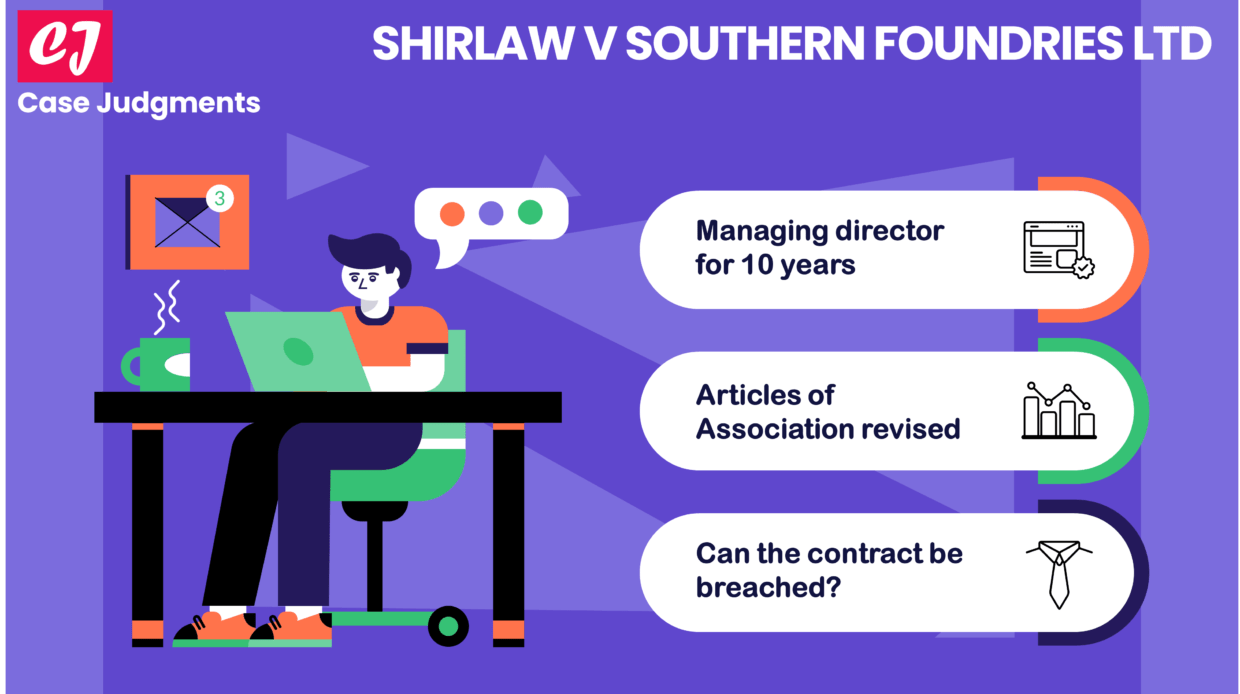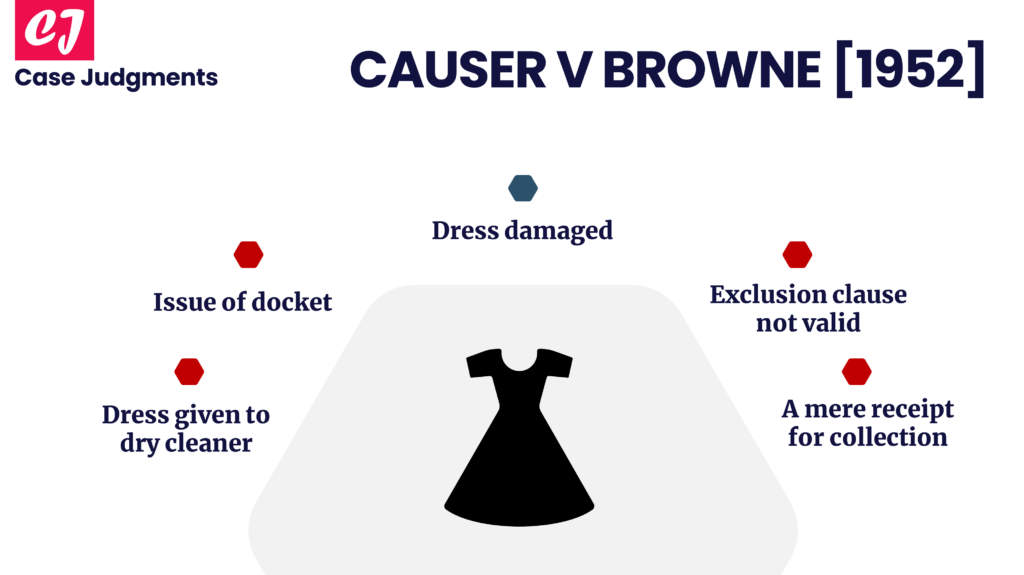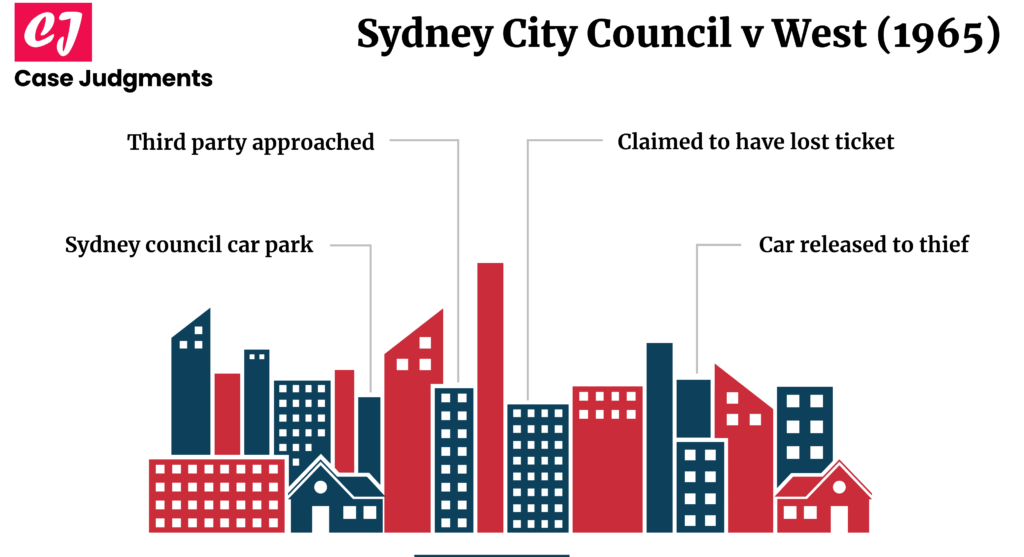
Shirlaw v Southern Foundries Ltd: A Summary
Shirlaw v Southern Foundries is a UK contract law and corporate law case that established the so-called “officious bystander” test. Given below are the case details.
| Case name & citation: Shirlaw v Southern Foundries (1926) Ltd [1939] 2 KB 206 (CA) |
| Court and jurisdiction: The Court of Appeal, England and Wales |
| Year of the case: 1939 |
| Area of law: Implied terms in a contract |
Facts of the case (Shirlaw v Southern Foundries)
In 1933, Shirlaw was given a position as managing director of Southern Foundries for a fixed period of ten years. It was required that he also serve as a director of the company. Because managing directors had to vacate their office if they ceased to be regular directors.
In 1935, the business of Southern Foundries was acquired by Federated Foundries Ltd, which altered the articles of association. The new articles permitted the removal of a director by an instrument subscribed by two other directors and the company secretary. Shirlaw was removed from his position as a director by Federated Foundries Ltd. This meant that he was also terminated from his role as managing director under the terms of the contract he had held for that position.
He brought a claim for damages for breach of contract.
Contentions by the company
The company asserted that they were permitted to make alterations to their articles of association. The new articles had been correctly adopted, and the new procedures had been carried out in the appropriate manner. It would be inappropriate for a court to interfere with the company’s right to alter articles given that they have the statutory right to do so.
Contentions by Shirlaw
Shirlaw argued that his employment contract was for a ten-year fixed term and that the articles were unable to amend it. He argued that it was an implied term of the contract that required that the company would not amend its articles in a manner that would be detrimental to him.
Judgment of the Court in Shirlaw v Southern Foundries
Shirlaw was awarded damages for breach of contract.
The Court applied the “officious bystander” test. This test describes the principle that a term should be implied into a contract if it is apparent that the only reason it has not been expressly included is because it is “so obvious that it goes without saying.”
It was determined by the Court of Appeal that there had been a breach of two implied terms. These were:
1. That the company would not remove Shirlaw from his role as managing director during the tenure of his ten-year contract. (Neither would it revoke his regular director status for the said duration.)
2. That the company would not alter its articles of association in such a way as to make it possible for someone else to remove him from his position as director/managing director.
Although it is not possible to prevent a company from altering its Articles on the basis that doing so would constitute a breach of contract; however, a legal claim for damages could be brought against the company (if it amends the articles to the detriment of a validly made contract prior to the amendments).
The Officious Bystander Test
The above case of Shirlaw v Southern Foundries was the one from where the expression “officious bystander” first came.
McKinnon LJ laid out that a term could be implied when it was so obvious that ‘it goes without saying’. In this regard, he quoted:
If, while the parties were making their bargain, an officious bystander were to suggest some express provision for it in the agreement, they would testily suppress him with a common ‘Oh, of course.’
List of references:
- https://repository.londonmet.ac.uk/6174/1/Barrie-Guide%20to%20Contract%202020-2021%20VOLUME%20TWO.pdf
- https://www.learnwithunite.org/assets/Uploads/Employment-Law-Eighth-Edition-v2.pdf
- https://www.lawteacher.net/cases/shirlaw-v-southern-foundries.php
- https://ipsaloquitur.com/contract-law/cases/southern-foundries-1926-v-shirlaw/
You might also like:
More from contract law:

